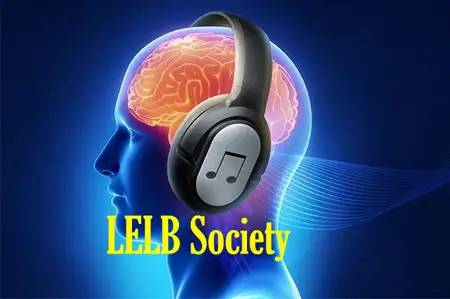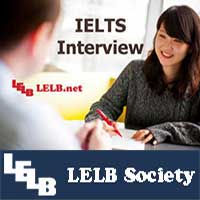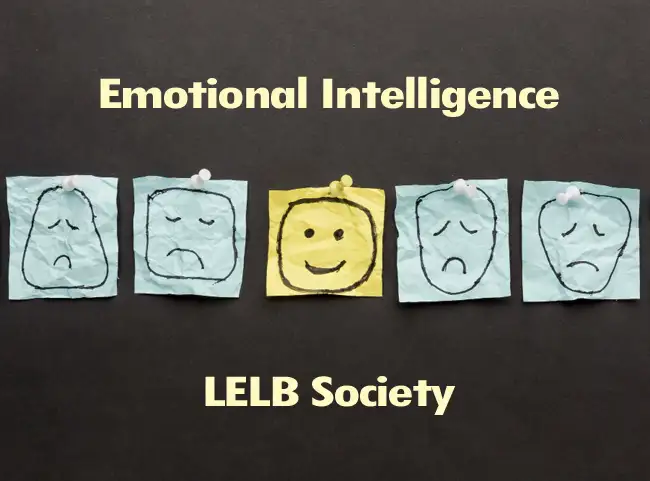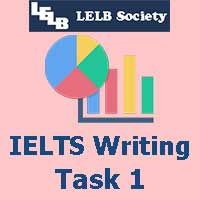Music IELTS Listening Reading Practice
Music IELTS Listening Reading Practice Music IELTS Listening Reading Practice IELTS Reading Practice Source: https://www.hopkinsmedicine.org/health/healthy_aging/healthy_mind/keep-your-brain-young-with-music Keep Your Brain Young with Music Music can be medicine for your mind, with benefits from memory improvement to stress relief. Learn what Johns Hopkins experts are discovering—and how you can put it to use. If you want to firm up your …









